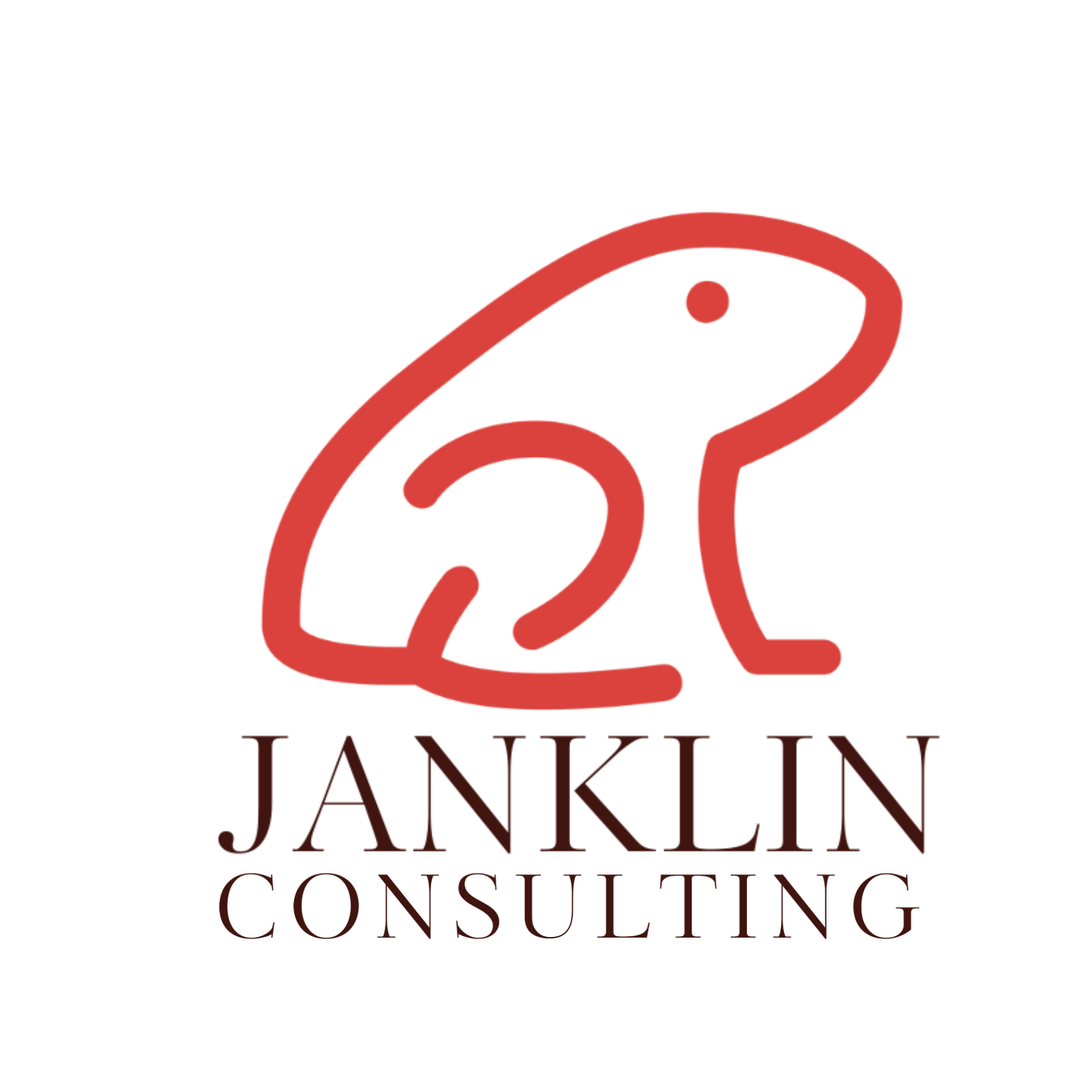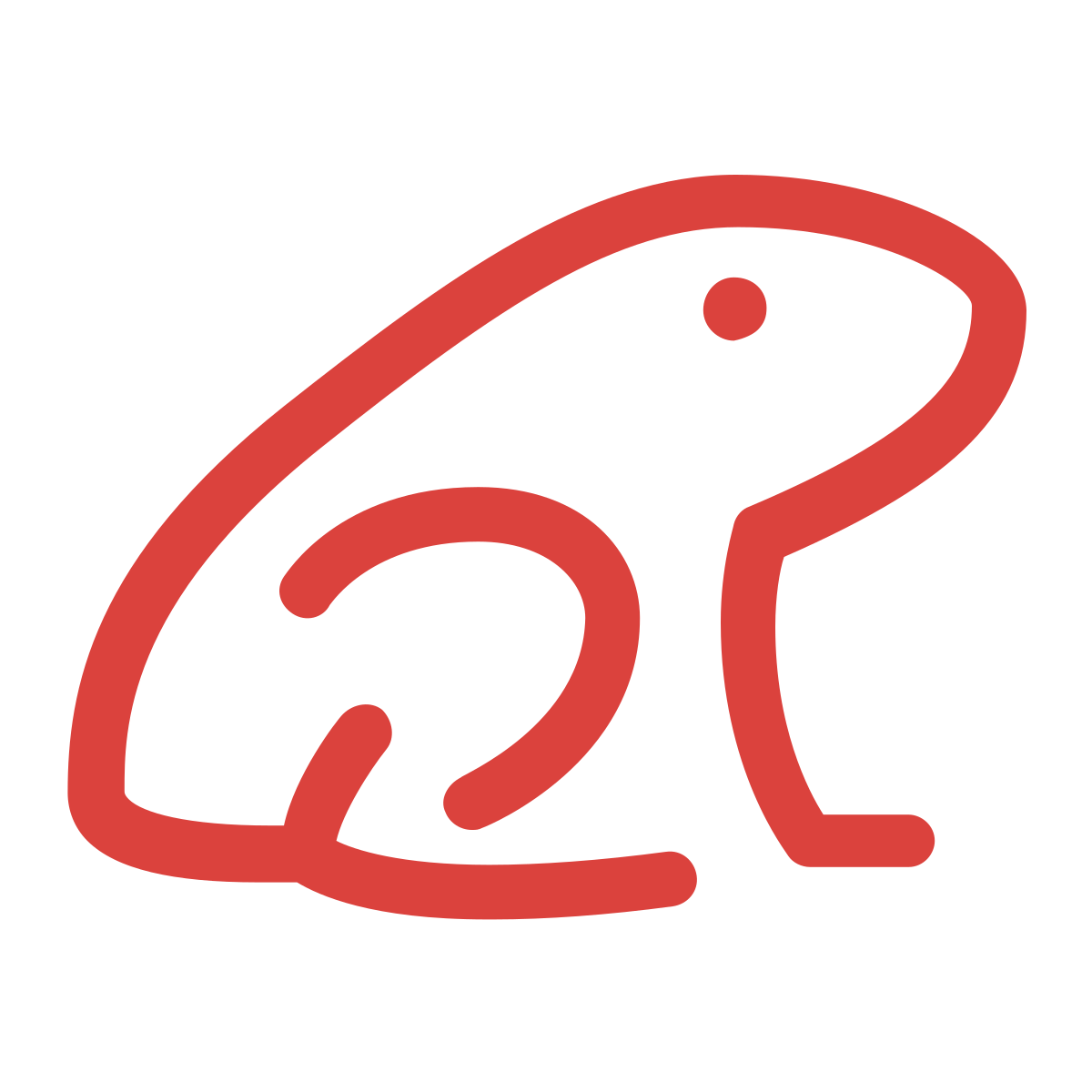Being Canadian Is Being Responsible
When I first came to Canada, I didn’t know very much. I didn’t know that a toque is what keeps your ears from freezing in January. I didn’t know you don’t have to be born here to become Prime Minister. And I didn’t know that the lumberjack stereotype is… well, mostly a myth.
But when I placed my right hand up and spoke the words of my newly founded citizenship, I learned about my rights. The right to vote. The right to move freely. The right to think, to speak, to believe. The right to equality.
It was like a parade of all the things that would protect me. All the ways this country promised me safety and belonging. And yet… no one told me what I was responsible for.
That discovery came slower, and with more weight.
Because if I call myself Canadian, I am responsible for reconciliation. The horrors of what happened to Indigenous peoples was not my fault. But reconciliation IS my responsibility.
And here is where we often stumble: we confuse fault with responsibility. We act as if the only reason to do something is because we are guilty. And if we are not guilty, then we are free to do nothing.
That is the errancy.
Because to live here, to take on the identity of being Canadian, is to be tied to the history that built this country—the good and the terrible alike. It doesn’t matter that I did not sign the treaties, or built the residential schools, or write the Indian Act. I am still here, in this place shaped by those decisions, benefiting from what was taken.
To say “it’s not my fault” as if that absolves me of action, is to misunderstand what it means to belong to a nation. Fault may not be inherited. But responsibility is.
We inherit not the guilt of the past, but the duty to respond to it. To repair. To transform. To reconcile.
It’s not your fault when a drunk driver kills a teenager. But you are still responsible for driving safely so no one else dies.
It’s not your fault when a racist comment is made by someone. But you are still responsible for speaking up when it does happen.
It’s not your fault when the government built systems designed to exclude, assimilate, and erase. But you are still responsible for dismantling them and making something better.
We know how to fight when our rights are threatened. We will march, protest, and flood the streets when our freedoms are at stake. But when it comes to being responsible for protecting those same rights for others—our urgency fades. We pay our taxes and call it enough. We post a hashtag on September 30th and call it remembrance. We sit in the comfort of what we’ve been given and forget what was taken.
Recently I read a quote which we all need to hear: “White supremacy won’t die until white people see it as a white issue they need to solve, rather than a Black issue they need to empathize with.” Harlows Musings
Reconciliation is Canada’s issue, yours and mine. Empathy is not enough to heal that which is broken. Reconciliation must be ours to shoulder, ours to commit to. To be Canadian is to be responsible.
Because we benefit. Every single day. We drive the roads. We drink the water. We enjoy our livelihoods in systems that were designed to push others down. And when we look away, when we say not my fault, we let those systems keep grinding forward.
When I became Canadian, I made an oath: I will faithfully observe the laws of Canada, including the Constitution, which recognizes and affirms the Aboriginal and treaty rights of First Nations, Inuit, and Métis peoples. That oath wasn’t just a ceremony. It was a responsibility. As a new Canadian, those words mean more to me than a piece of paper. And I fear that many born in Canada, the non-Indigenous of these lands, aren’t aware of this oath nor have pledged to it.
Even more so, responsibility is more than words. It is action.
It means affirming Indigenous rights—not only in principle but in practice. It means keeping our leaders, our teachers, our doctors and our governments accountable to upholding to the United Nations Declaration on the Rights of Indigenous Peoples, which Canada has adopted. It means personally applying Calls to Action of the Truth and Reconciliation Commission in our work and education spaces, in our land development projects, in our immigration pathways, in our conversations with our children.
It’s about listening to survivors, educating ourselves on the dark history, and having the humility to recognize we’ve ignored this for far too long.
It means asking ourselves, every day: What am I doing to repair what happened? What am I doing to heal what is still broken? What am I doing to transform the systems that continue to cause harm?
Reconciliation is not charity. It is not optional. To me, it is the very definition of what it means to be Canadian.
Not just the rights you and I claim - but the responsibilities we will always carry.

